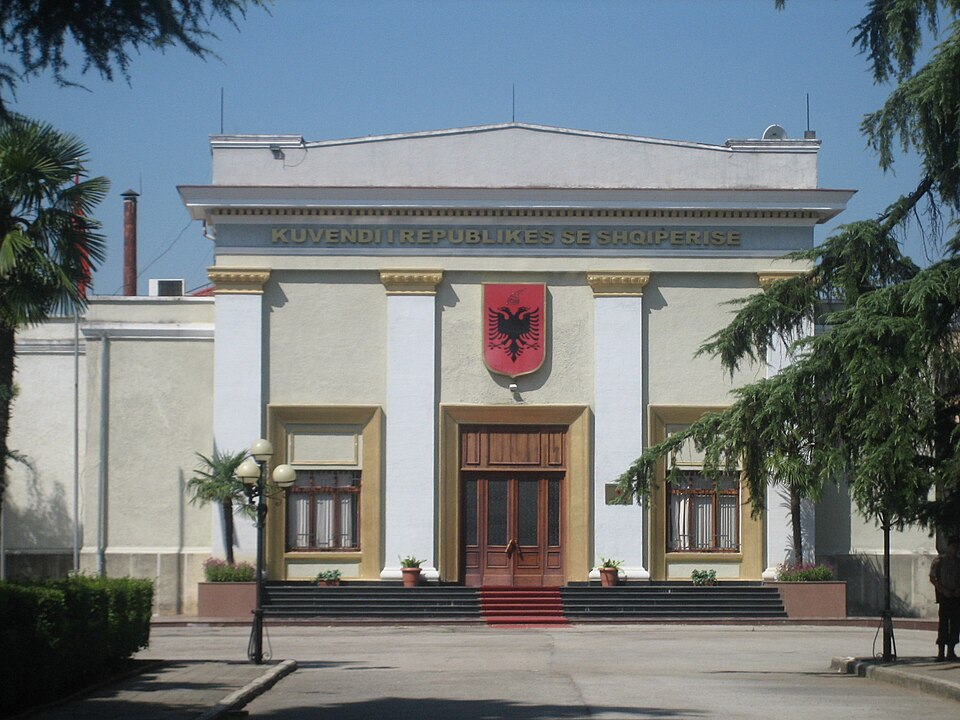
On May 11, 2025, Albania held its first parliamentary election since beginning EU accession negotiations, a pivotal moment for the country’s democratic maturity. Prime Minister Edi Rama,
seeking a historic fourth term, faced a fragmented opposition in a contest seen as a litmus test for Albania’s democratic institutions. The election, reported by the Times of India, highlighted both progress and challenges in Albania’s democratic journey, as the country aims to align with EU standards of governance, transparency, and rule of law.
Albania’s path to EU membership hinges on demonstrating robust democratic processes, including free and fair elections, independent institutions, and media freedom. The May 11 election was closely watched by EU observers, who noted improvements in voter registration and electoral administration compared to previous years. Rama’s Socialist Party campaigned on economic growth and infrastructure development, leveraging Albania’s recent EU candidate status to bolster its democratic credentials. However, opposition parties, including the Democratic Party led by Sali Berisha, accused the government of voter intimidation and media bias, raising concerns about democratic backsliding.
The election’s significance lies in its implications for Albania’s EU integration, a process that demands adherence to democratic norms. The EU has emphasized judicial reform and anti-corruption measures as prerequisites for membership, areas where Albania has faced criticism. Reports of vote-buying and pressure on public sector workers surfaced during the campaign, echoing past elections. Yet, the peaceful conduct of the vote and high voter turnout—estimated at 65%—signaled public engagement with the democratic process, a positive step for a country with a history of electoral disputes.
Internal democratic challenges were evident in the opposition’s disarray. Berisha’s legal troubles, including corruption allegations, weakened the Democratic Party’s ability to mount a unified challenge. Smaller parties struggled to gain traction, leaving Rama’s Socialists with a strong advantage. This imbalance raised questions about the health of Albania’s multiparty system, a cornerstone of democratic pluralism. EU monitors praised the election’s organization but urged stronger safeguards for media independence and judicial oversight to ensure future contests are truly competitive.
The election also reflected broader European democratic trends. Albania’s aspirations mirror those of other Western Balkan states seeking EU membership, where democratic reforms are often tested by entrenched political elites and external influences. The EU’s support for Albania’s candidacy is seen as a stabilizing force, encouraging democratic consolidation. However, the election’s outcome—likely a Socialist victory—may reinforce one-party dominance, challenging the EU’s push for pluralistic governance.
As results are finalized, Albania’s democratic maturity will be judged by its ability to address post-election disputes transparently. The EU’s response, including potential conditions for advancing accession talks, will shape Albania’s democratic trajectory. For now, the election underscores the delicate balance between democratic progress and persistent challenges, with implications for the region’s integration into Europe’s democratic framework. Photo by Gertjan R., Wikimedia commons.



































